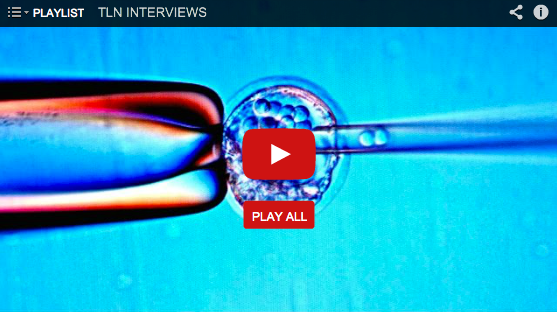Scientists at the Yerkes National Primate Research Center at Emory University in Atlanta have used stem cells derived from the dental pulp of monkeys to stimulate the generation of neural cells in an animal model. Such an achievement offers hope for people who are afflicted with diseases of the central nervous system, such as Parkinson’s and Hungtington’s diseases, among others, as well as for those people who suffer from spinal cord and traumatic brain injuries.
Anthony Chan, DVM, Ph.D., assistant professor of human genetics at Emory’s School of Medicine, led the experiments. Dr. Chan and his colleagues took stem cells which they had derived from the dental pulp of a tooth of a rhesus macque, and transplanted the stem cells into the hippocampal areas of the brains of mice. The stem cells were then found to stimulate the new growth of neurons and other types of specialized neural tissue.
According to Dr. Chan, “By showing that dental pulp stem cells are capable of stimulating the growth of neurons, our study demonstrates the specific therapeutic potential of dental pulp stem cells and the broader potential for adult stem cells. Being able to use your own stem cells for therapy would greatly decrease the risk of cell rejection that we now experience in transplant medicine.”
Dental pulp stem cells are readily and universally available, as anyone of any age may have his or her dental pulp stem cells isolated during a routine visit to the dentist, thereby allowing for a very convenient type of autologous (in which the donor and the recipient are the same person) stem cell therapy.

